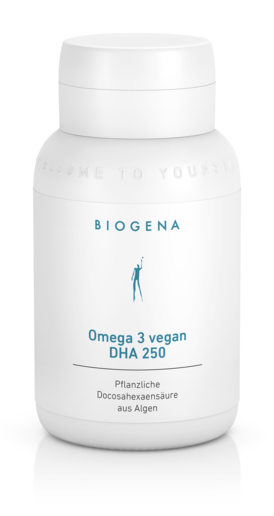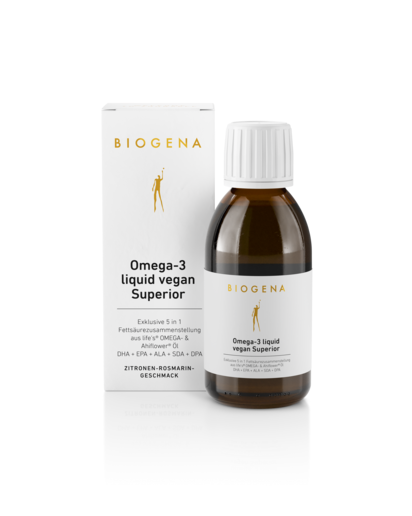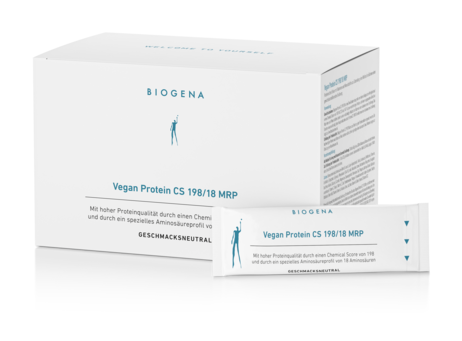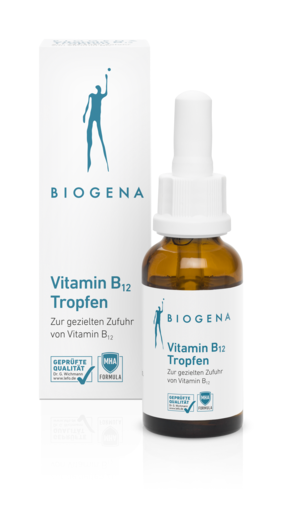Vegan diet
Today, there are a variety of dietary forms and types of diet. In particular, a sustainable vegan lifestyle is increasingly gaining friends and followers.
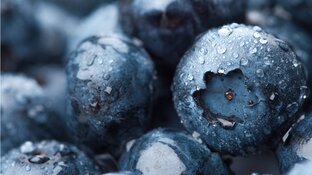

More and more people are opting for a sustainable vegan lifestyle. If you plan to supplement your diet with targeted nutrients, you’re probably on the lookout for purely plant-based alternatives. And you can find them here!
Nutrition therefore has the function of keeping the energy levels balanced. Every person has an individual energy requirement that depends on various factors such as age, gender, nutritional status, and physical activity. A varied and balanced diet plays a major role in healthy nutrition. To keep our body healthy, not only balanced energy levels are important, but also a smoothly functioning metabolism. Nutrients play an important role here. In addition to the nutrients – carbohydrates, protein, and fats – the body also absorbs a certain amount of vitamins and minerals. A balanced diet includes vitamins, carbohydrates, proteins, minerals, and trace elements.
Vegan lifestyle
The vegan diet is characterized by the lack of any products of animal origin. This means specifically: no meat and no egg and dairy products. Other animal ingredients such as gelatine, lactose or honey, and other bee products are also avoided. Vegans therefore remove all foods that come from any form of animal production from their diet. The number of people who have turned vegetarian or vegan has increased over the years.
Once a vegetarian diet was ridiculed and dismissed as a deficient diet, but large-scale studies (Oxford study, Heidelberg study) presented a different picture, which has now also become established in society: Vegetarians are slimmer on average and in a better overall state of health than people who eat meat. In addition, vegetarians have a lower risk of suffering from chronic diseases over the years, as well as a higher life expectancy. However, a strictly plant-based diet makes the adequate intake of some nutrients more difficult. For example, iron levels should always be kept in mind. With a strictly vegan diet, vitamin B12 becomes one of the critical nutrients.
For many practicing vegans, veganism is not just about their diet, but also about other aspects of life. This includes, for example, the avoidance of clothing from animal products, such as leather or fur, or cosmetics that contain animal ingredients or have been tested on animals.
Vegan foods
A vegan diet – without animal products – can be extremely versatile. The range of foods available to vegans includes:
- Fruit and vegetables: These foods are an important supply of vitamins, minerals, secondary plant substances and fibre.
- Pulses/legumes: Lentils, peas, beans, soybeans and lupini beans are considered an important source of protein.
- Wholegrains and cereals supply complex carbohydrates, fibre and secondary plant substances.
- Pseudocereals such as buckwheat or quinoa are richer in protein than cereals and also gluten-free.
- Nuts and seeds not only contain a lot of fibre and secondary plant substances but are also rich in essential minerals such as iron and calcium.
- Special algae oils are recommended for the supply of the valuable omega-3 fatty acids EPA and DHA.
- High-quality plant oils, for example linseed oil, ensure a good supply of alpha-linolenic acid (ALA).
- Vegan meat alternatives
- Vegan milk alternatives
Nevertheless, it can sometimes be difficult to eat vegan. For vegans, it is essential to obtain relevant information about which foods contain animal ingredients. It is therefore not enough to avoid meat-free foods. No animal components may be used during production. For example, at first glance, you would not think that gelatine was produced from cattle or pigs.
As the vegan lifestyle has become increasingly popular in recent years, there is now an ever-increasing selection of vegan alternatives. These imitate animal products in taste, appearance, or technological properties. Meat alternatives are usually offered based on soya, seitan, or lupine. Herbal alternatives to dairy products are often based on cereals, nuts, or soya.
The catering industry is also increasingly reacting to this trend and increasingly offering vegan dishes. Numerous vegan cookbooks and blogs round off the range.
Guaranteed vegan?
To make it easier for consumers to buy vegan products, quality seals such as the V-label or the vegan flower guarantee that a product is 100% vegetarian or vegan.
There are marked foods and products in both shops and restaurants. In the catering industry, the establishment can either be certified as vegan or provide individual vegan dishes.
Which nutrients cover our needs?
Vegans should always keep an eye on their nutrient balance and preferably include certain foods in their diet. The basis of a vegan diet should be a varied selection of fruit and vegetables, grain and soya products, legumes, nuts, and seeds. In addition, it should be considered whether the need for energy-producing nutrients, vitamins, minerals, and fiber is covered by the diet.
A vegan diet can undoubtedly be lived in the long term. It is only important to consciously address the variety of foods and their nutrient contents.
Important nutrients for vegans
Vitamin D
Vitamin D is a powerful substance that plays a key role in the human body because vitamin D takes on countless tasks in the body. It ensures that the intestines can absorb calcium and phosphorus from food. It is also involved in the maintenance of muscles, bones, and teeth and supports the function of the immune system.
Vitamin B12
Vitamin B12 is an indispensable vitamin in vegan nutrition. It is a water-soluble vitamin that affects numerous processes in the human body and plays a role in energy metabolism, the nervous system, and the mind. An incorrect intake can lead to bottlenecks in the nutrient supply – regardless of whether it is exclusively a plant or non-vegetarian diet. However, since it is only contained in significant quantities in animal food, supplements are recommended especially for strict vegetarians and vegans.
It is therefore generally accepted that vegans in particular should pay attention to their vitamin B12 supply.
Studies show that vegans who did not take vitamin B12 supplements had a higher risk of low vitamin B12 plasma levels than vegans who took vitamin B12 preparations. Researchers concluded that the risk of B12undersupply was due to the lack of additional B12 intake and not due to the duration of vegan nutrition.
Iodine
Iodine supports the formation of thyroid hormones, cognitive functions, and energy metabolism. It also helps maintain normal skin. Iodine is found in large quantities in fatty sea fish. Vegan alternatives are, for example, algae or iodized salt.
Calcium
Among other things, calcium is required for healthy bones and contributes to normal energy metabolism. It also plays a major role in blood clotting, digestive enzymes, and signal transmission between nerve cells. Calcium is mainly found in green vegetables such as broccoli, and leafy vegetables such as spinach, citrus fruits, nuts, and seeds.
Protein
Proteins contribute to the maintenance and increase of muscle mass as well as to the maintenance of normal bones. Here, vegans can rely on lentils or peas and different grains or quinoa, for example.
Omega-3 fatty acids
A healthy omega-3 balance is important for our organism in many ways. The two omega-3 fatty acids EPA and DHA have numerous functions. For example, they contribute to normal heart function and have a positive effect on arterial function. The positive effect occurs with a daily intake of 250 mg. As significant amounts are mainly contained in fatty fish, vegans should increasingly integrate plant-based sources of omega-3 into their diet. High-quality algae oils provide EPA and DHA in concentrated quantities.
Iron
Special attention should be paid to iron supply, after all, iron deficiency is the most common deficiency in the world. A good supply of iron is not only important for our energy balance, but the trace element also contributes to the normal functioning of the immune system. The main sources of iron are red meat, such as beef. Herbal iron is contained in leafy vegetables such as spinach or broccoli. Iron from curry leaves stands out for its good bioavailability and it is a purely plant-based, particularly tolerable alternative to conventional iron salts.
Veganism and sport – a contradiction?
For a long time, it was thought that those who eat a vegan diet could not build muscle because the body needs meat and dairy products for this.
It is undisputed that a healthy diet is essential so that the body can achieve full performance. In particular, competitive athletes should ensure that they get enough fuel in their bodies. Fish and meat are particularly recommended because they have a high content of iron, omega-3 fatty acids, and protein.
Although it can be more difficult for vegan athletes to absorb enough nutrients, there is still a large number of power foods that can be supplied via a plant-based diet. Fruit and vegetables, nuts, legumes, and whole grain products are the main choices. In addition, soya products and, for example, seitan should not be missing from the menu.








